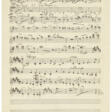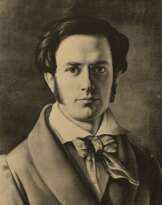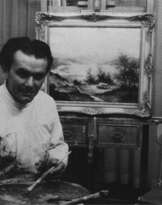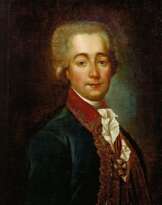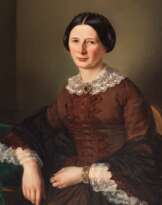Gustav Holst (1874 - 1934)
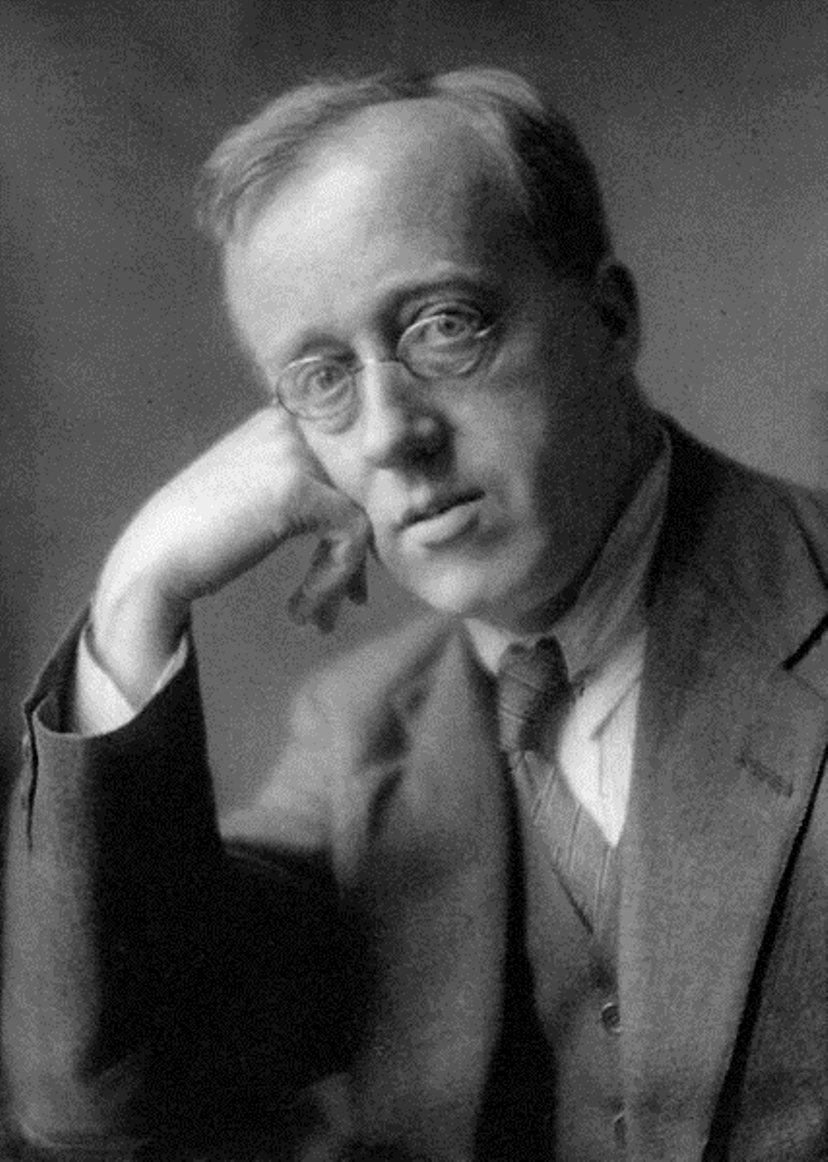
Gustav Holst
Gustav Holst, birth name Gustavus Theodore Von Holst, is an English composer and educator. Holst studied at the Royal College of Music in London, including playing the trombone, and for several years after graduation he earned a living as a trombonist in various orchestras. In 1905 he became a music teacher at St. Paul's Girls' School and later music director of Morley College, positions he retained throughout his life. A brilliant educator, Holst pioneered music education for women.
Holst's music is often built on English national folklore and has much in common with the work of composer and contemporary Vaughan Williams. However, he combines it with an international flavor based on the styles of Maurice Ravel, Igor Stravinsky, and other innovators, with a continuation of English Romanticism. This influence is reflected in Holst's most famous work, the orchestral suite The Planets. Also in the Hindu opera Savitri and other cosmopolitan works.
Holst's works also include the opera Sita, Hymn to Jesus for chorus and orchestra (1917); Ode to Death for chorus and orchestra (1919), the opera The Perfect Fool (1923), the Choral Symphony (1923-24), the Double Concerto for Two Violins and Orchestra (1929), and Hammersmith for Orchestra (1930).
| Date and place of birt: | 21 september 1874, Cheltenham, United Kingdom |
|---|---|
| Date and place of death: | 25 may 1934, London, United Kingdom |
| Period of activity: | XIX, XX century |
| Specialization: | Composer, Educator |
| Art style: | Romanticism, Classicism |
